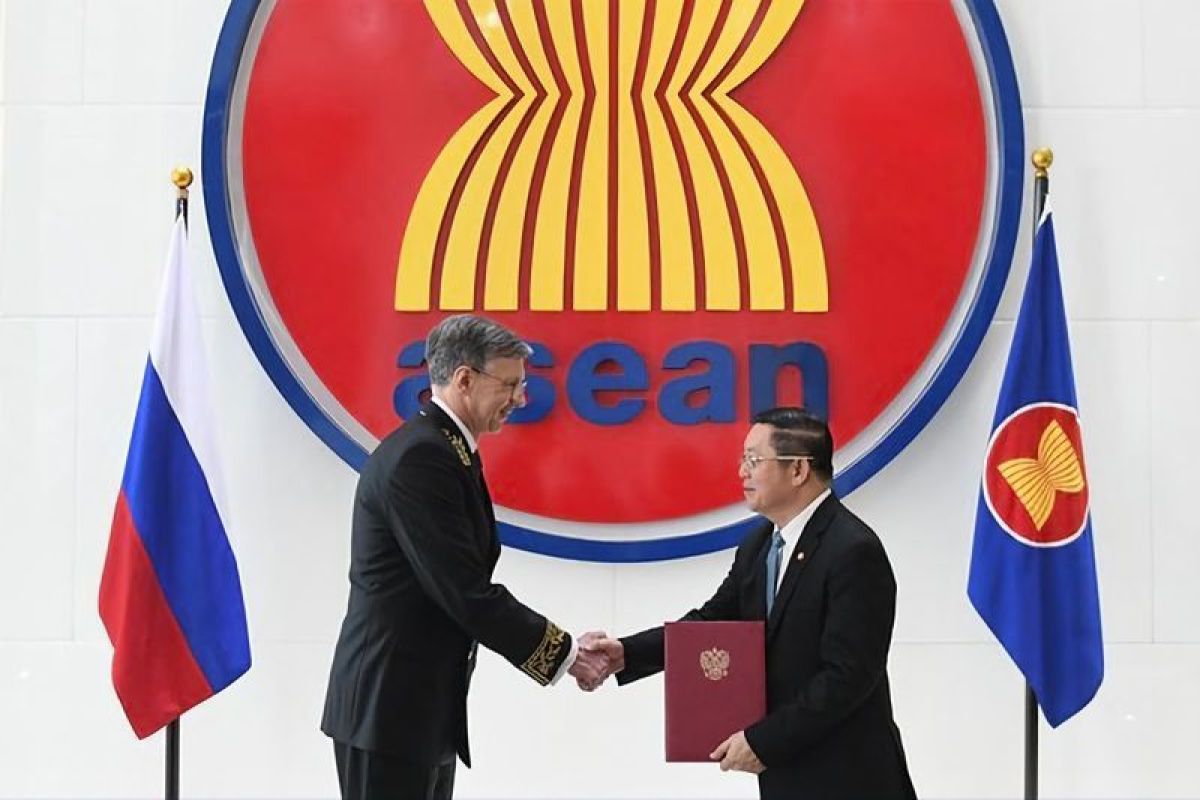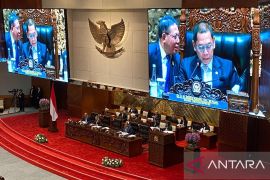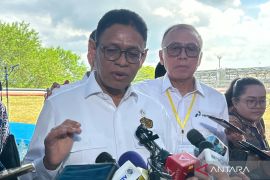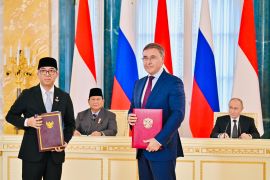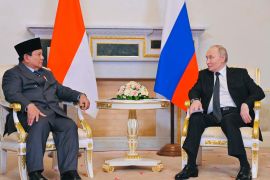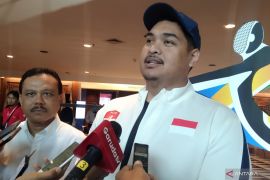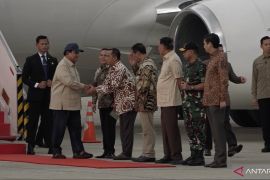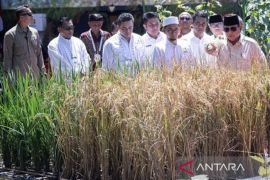Every year, on February 10, Russia celebrates Diplomatic Workers' Day. This occasion serves not only to honor the achievements of Russian diplomats but also to underscore the importance of their contributions to the nation's foreign policy objectives and global engagement.
Established in 2002, Diplomatic Workers' Day holds special significance in Russia's calendar of national observances. It marks the anniversary of the founding of the Russian Diplomatic Service in 1549, a milestone that heralded the formalization of Russia's interaction with the world.
Since the establishment of the Ambassadorial Department by Tzar Ivan IV that year and its later transformation under Emperor Peter the Great, Russian diplomacy has evolved in tandem with the nation's expanding international relations and strategic imperatives.
However, its roots extend far beyond, reaching back into the annals of history and encompassing endeavors and achievements of generations of diplomats.
By the 10th century, the ancient Russian state already actively communicated with neighboring countries and concluded its first international treaties, while the first permanent diplomatic missions abroad were opened in the 17th century.
Russian and Soviet diplomats have played a pivotal role in advancing the nation's interests and have always been at the core of the international efforts to address the most pressing problems, be it drafting of the basic principles of international humanitarian law, creation of the United Nations, or setting rules for activities in the outer space.
Whether negotiating treaties, mediating conflicts, or representing the country at international forums, they have been guided by a steadfast commitment to upholding the principles of sovereignty, mutual respect, and dialogue.
The modern Russian diplomacy had to adapt to the changing geopolitical dynamics - from the tumultuous events of the 20th century, including two world wars and the Cold War, to the challenges that emerged later, such as terrorism, climate change, and pandemics.
We now have to navigate the turbulent currents of international politics characterized by an unprecedented level of confrontation and continuing (to be more exact, continuously failing) attempts to isolate and marginalize Russia, to “cancel” its culture, as well as by a widespread practice of double standards of the Western countries that became especially manifest during the current crisis in the Middle East and their addiction to the illegal coercive measures hampering economic development all over the world.
Against this complex backdrop, as Russia continues to play its role as a major global player and promote cooperation with its friends, the importance of effective diplomacy has never been greater.
Fostering relations with the countries of Southeast Asia has traditionally been one of its priorities. These ties are deeply rooted in history: official contacts and exchanges developed back in the 19th century with the memorable visit of the Crown Prince Nicholas (the future Emperor Nicholas II) to Siam in 1891 being one of them.
Later, the key features of the policy towards the states of the region consisted in the unconditional support for their pursuit of independence, as well as for their efforts to build statehood, economy, and industry.
Today, Russia is working with ASEAN and its member states on a wide range of issues, from trade and investment to regional security and healthcare.
ASEAN-Russia relations were established in July 1991 when the Deputy Prime Minister of the Russian Federation attended the 24th ASEAN Ministerial Meeting in Kuala Lumpur as a guest of the Chair.
Russia obtained status of a Dialogue Partner in July 1996 in Jakarta. The country accredited its first Ambassador to ASEAN in 2009. On August 9, 2017, Russian Foreign Minister Sergey Lavrov officially inaugurated the Russian Mission to ASEAN in Jakarta.
An Important milestone in the ASEAN-Russia dialogue was marked by the elevation of ASEAN-Russia relations to a Strategic Partnership in 2018.
In three decades of relations, ASEAN and Russia conducted five summits, numerous high-level meetings of ministers of foreign affairs, economy, tourism, culture, defense, transport, science and technology.
A unique mechanism -- ASEAN-Russia Consultations of High Representatives for Security Issues -- has been created. Annually, Russian representatives take part in various meetings at the level of Senior Officials and experts, closely collaborating with ASEAN Sectoral bodies.
Through its active participation in ASEAN-led forums, such as the ASEAN Regional Forum, the East Asia Summit, meetings of defense ministers, ASEANAPOL, and the ASEAN Inter-Parliamentary Assembly, Russia is pursuing goals of promoting peace, stability, and prosperity in the Asia-Pacific region, fostering practical cooperation, and developing an inclusive regional order safeguarding the interests of all stakeholders.
Naturally, the national diplomatic service has always played a key role in all these efforts. We are firmly committed to further contributing to our cooperation with ASEAN in the existing areas and forging new ones.
Diplomatic Workers' Day is a good opportunity to celebrate the professionalism and dedication to advancing the cause of a better and more just world. We are honored to do it together with our friends in different parts of the planet, including Southeast Asia.
*) Evgeny Zagaynov is Russian Ambassador to ASEAN
*) The views and opinions expressed on this page are those of the author and do not necessarily reflect the official policy or position of the ANTARA News Agency Related news: Potential for enhancing Russia-ASEAN energy cooperation: ambassador
Related news: Indonesia urges Russia to approve SEANWFZ Treaty
Copyright © ANTARA 2024
